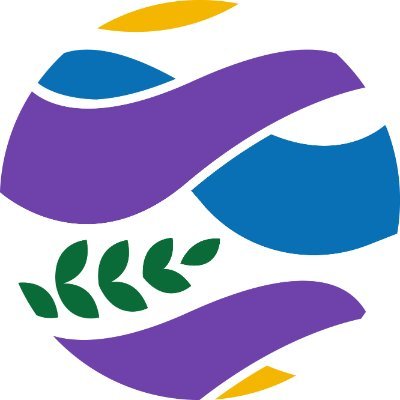
General Information
The Herbert Scoville Jr. Peace Fellowship Program invites recent college and graduate school alumni to apply for full-time, six-to-nine month fellowships in Washington, DC. Outstanding individuals will be selected to work with nonprofit, public-interest organizations addressing peace and security issues. Applications are especially encouraged from candidates with a strong interest in these issues who have prior experience with public-interest activism or advocacy.
Scoville Fellows will choose to work with one of the twenty-six organizations participating in the program. With the assistance of alumni, board, and staff, fellows will select a placement which best matches their interests and the needs of the host organization. Participating organizations provide office space and support, supervision and guidance for fellows’ work. With the exception of Congressional lobbying, fellows may undertake a variety of activities, including research, writing, and organizing that support the goals of their host organization.
The purpose of the fellowship is to provide an opportunity for college graduates to gain practical knowledge and experience by contributing to the efforts of nonprofit, public-interest organizations working on peace and security issues.
Fellows receive a salary of $3,400 per month and basic health insurance compensation, plus travel expenses to Washington, DC. The program also provides $1,000 per fellow for professional development to attend relevant conferences or meetings that could cover travel, accommodations, and registration fees, or to take a language or policy course. The program arranges meetings for the fellows with policy experts and social networking events with alumni. Fellows also receive mentoring from a board member and a former fellow.
Some lenders may permit Scoville Fellows to defer college loan payments during their fellowship. Check with your individual lenders.
Issue Areas Covered by the Scoville Fellowship
Scoville Fellows create a project, in partnership with their host organizations, related to one of four broad areas:
• Nuclear Nonproliferation and WMD. This category includes but is not limited to: Nuclear nonproliferation and security; prevention of the spread of nuclear, chemical and biological weapons; defense spending and procurement; U.S. interactions with current, de facto, or potential nuclear powers; protection of nuclear and radiological materials.
• Climate and Security nexus. This category includes but is not limited to: environmental concerns with security implications; disaster response with military personnel; international tensions arising from changing arctic region; regional and ethnic tensions exacerbated by resource competition.
• Peacebuilding and Conflict Resolution. This category includes but is not limited to: current and potential incursions within or between neighboring countries; conventional weapons and arms trade; cross-border refugee movements; ethnic tensions with security implications; atrocity prevention; building international and regional institutions to resolve conflicts; development and implementation of novel conflict resolutions strategies; counterterrorism and terrorism reduction strategies; supporting international agreements that can lead to peace, prosperity, and sustainability.
• Emerging Technology Threats. This category includes but is not limited to: questions related to the development, deployment, and use of drones, artificial intelligence, cyber warfare, satellites and space in a security context.
• Global Health Security. This category includes biosecurity and pandemics.
Applicants whose area of interest falls outside of the above list are unlikely to be selected as a Scoville Fellow.
Applicants are required to submit all documents through our new online application form between September 12 and October 9, 2020 for the spring 2021 semester that will begin between January 15 and April 1, 2021. An automated email response will be sent when items are received. Applicants who do not receive the email response within 24 hours of emailing materials should re-submit their application.